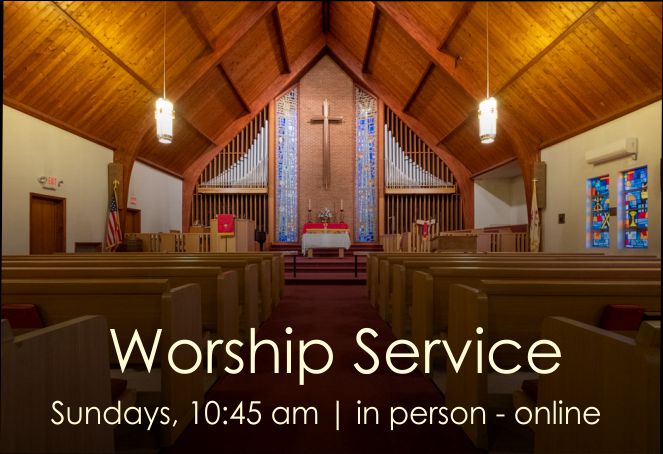Prophets without honor
In Mark 6:1-13, Jesus says, “A prophet is not without honor except in his own town, among his relatives and in his own home.” This statement is not a rule, but a description of reality. It reflects the difficulty a prophet...
In Mark 6:1-13, Jesus says, “A prophet is not without honor except in his own town, among his relatives and in his own home.” This statement is not a rule, but a description of reality. It reflects the difficulty a prophet...
During the 2024 Annual Conference of the Greater New Jersey, held at the Wildwood Convention Center from May 19 to 21, clergy, laity, and leaders gathered to discuss the future of the church. One of the central themes was how to remain relevant and appealing to younger generations. The statistics are clear: the average age of clergy within the UMC is 57 years old, and the laity follows a similar trend. As we look toward the future, it’s essential to recognize that younger generations have different expectations, preferences, and needs.
In a world where the resistance of cockroaches is ironically heralded, humanity stands at a crossroads. These creatures, often despised, have become a symbol of survival in the face of our own destructive tendencies. It’s a stark reminder that our actions have consequences far beyond our immediate perception.
Our church, Trinity UMC, embodies a vibrant community deeply rooted in social justice and inclusivity. While possessing strong values, we want to keep establishing robust connections with The College of New Jersey’s (TCNJ) student body, recognizing this as an imperative opportunity to exemplify our values and cultivate an inclusive atmosphere.
Walking through this Women’s History Month and time of lent, we can explore our roots as Methodists and understand the beauty of the Grace God has given to our church, because we have a long history of including clergywomen in the UMC’s ranks. Let us delve into the reasons behind this practice and recognize the theological and historical context.
I recently came across a trend on social media in which content creators complain about the practice of some companies to use the sentence “don’t call us… We’ll call you,” as a euphemism for “you are not continuing the process,” when a job interview goes bad.
Without any doubt, one of the most beautiful names of Jesus is ‘Immanuel’, God with us. I never cease to marvel at being able to come closer to understanding the scandalous nature of a God, who did not ask us to ‘divinize’ ourselves, because recognized our inability to do so; but rather, the Divine became human. That same God taught us in his life that the broad path is hatred and that excellence is in love.
Mary | Thanks be to God for fixing their eyes on that virtuous woman, who embraced the child in her womb and led him with love, dedication, and hope. Through her lineage, salvation came to the world, thus becoming an example to follow for thousands of generations; not only for being the bearer of good news in the fruit within her, but for her actions and faith in God which were magnified by the gracious Father in heaven.
On the one hand, there is a group of believers who maintain that God indeed ordered each of the wars described in the biblical text, with all their barbarities, attacks, children dashed against rocks, etc. Most of those who defend this idea explain that God manifested himself in one way in the Hebrew Bible and in a different way in the New Testament, being the same God, but with different plans for each moment in history
Many words have been dedicated to understanding matters around prayer. Almost every current of Christianity has a different position on its power or its applicability. Many debates even arise in different media, leading to heated discussions about the relevance of praying in one way or another according to the biblical mandate or personal and community experiences.
It is curious (to say the least) that, according to the gospels and in the context of the baptism of Jesus of Nazareth, the Divine manifests the Holy Spirit by flying like a dove. Having any animal symbol or metaphor available, God chooses that one.
Welcome to Trinity...
Where the invisible throw shadows,
the weak lead, the silent are heard,
and the pushed aside
are called into the center
where they are listened to,
lifted up and loved.
Whoever you are, you are welcome here!



Announcements
